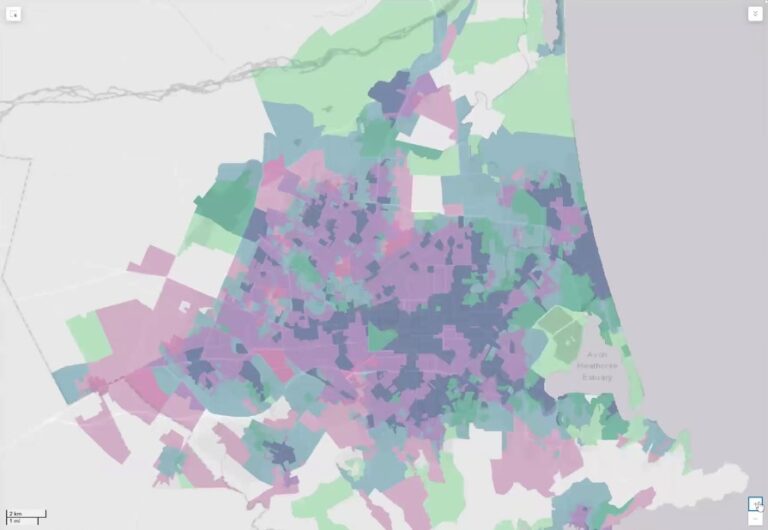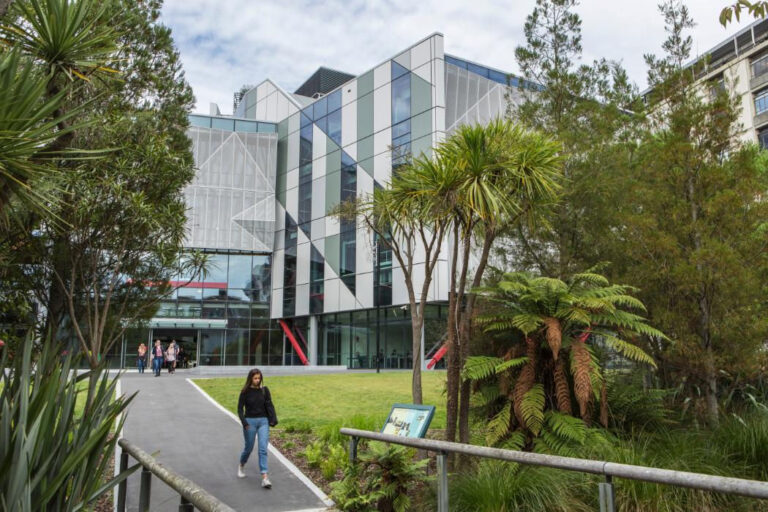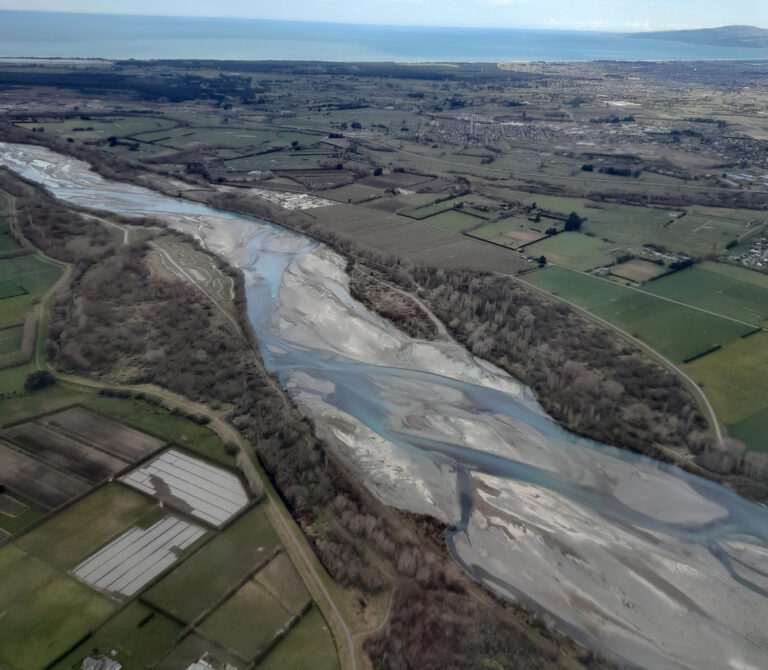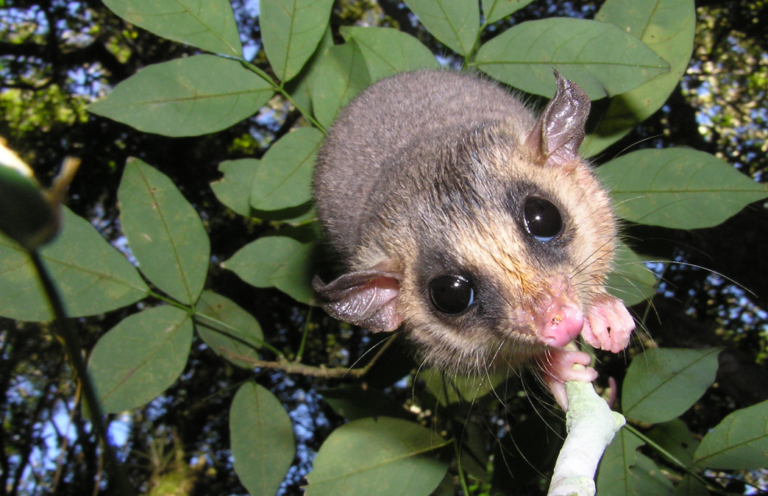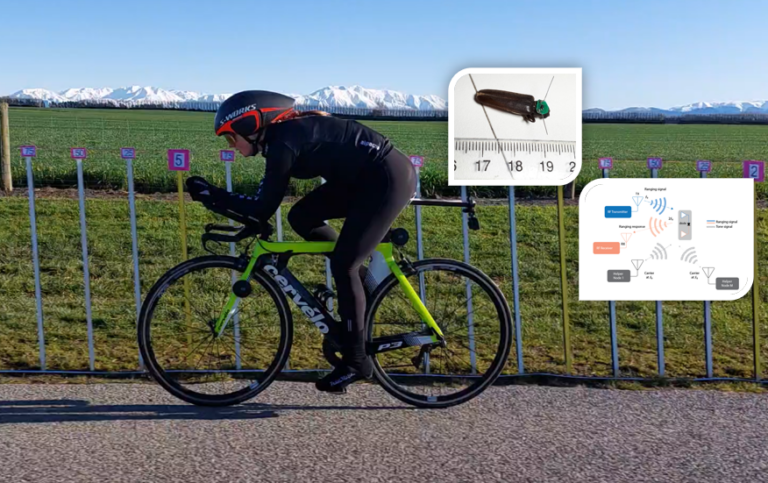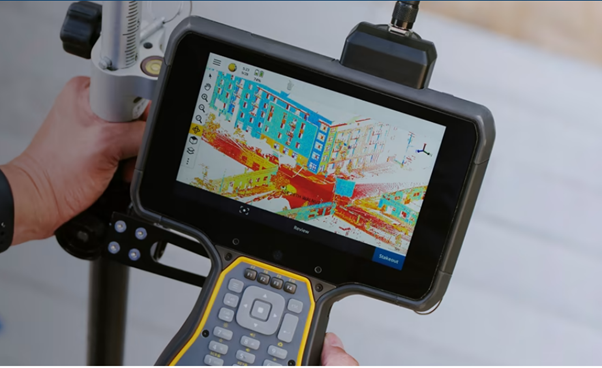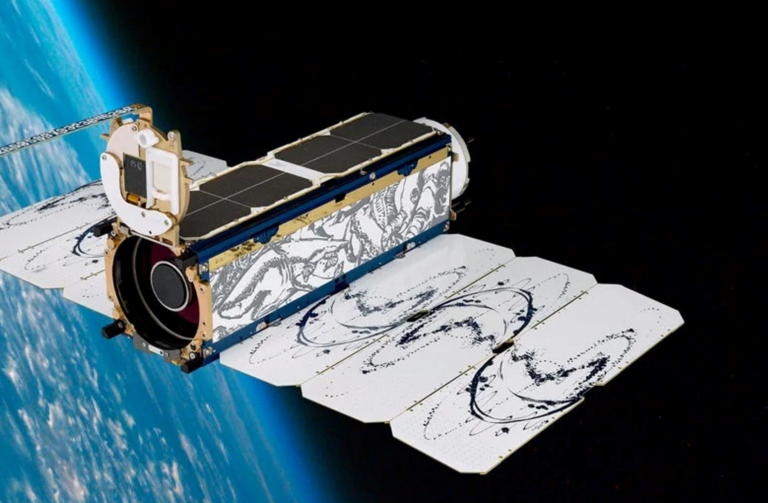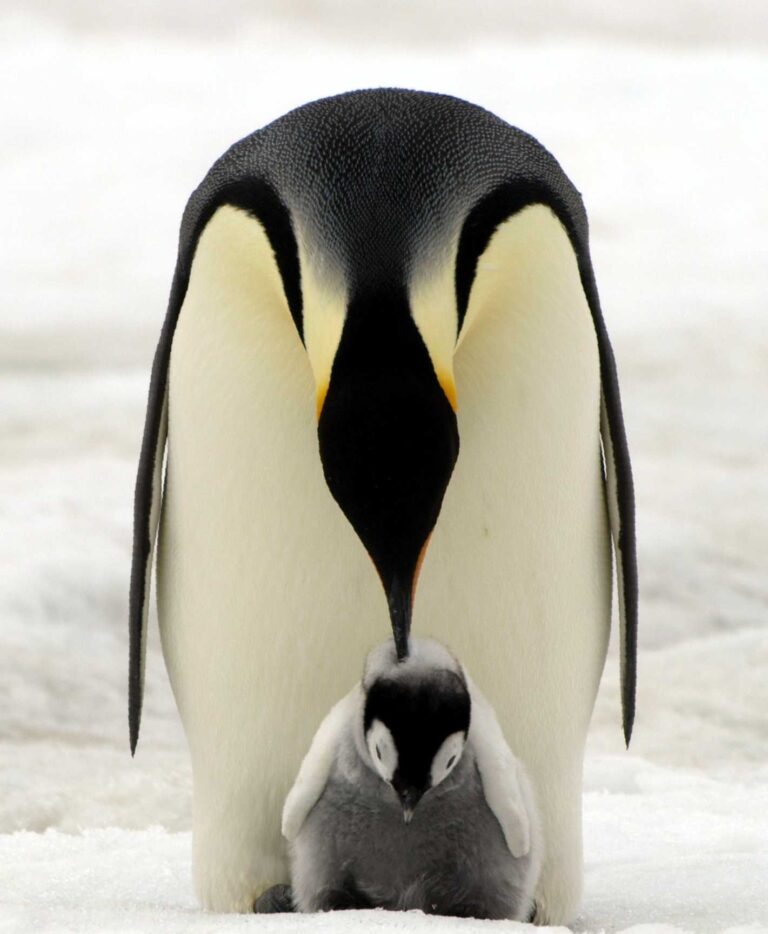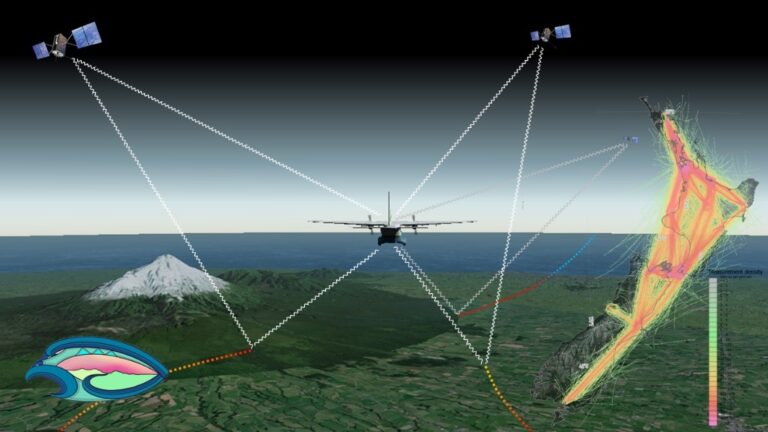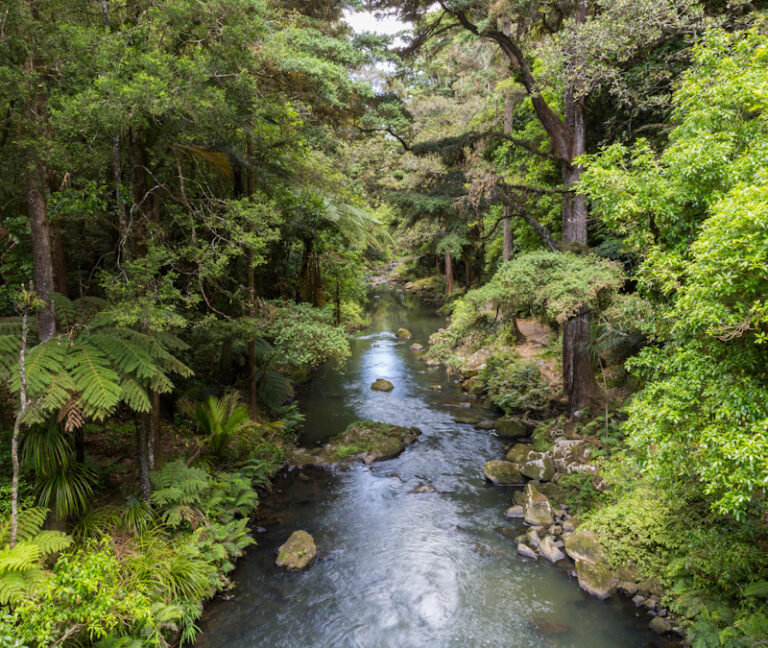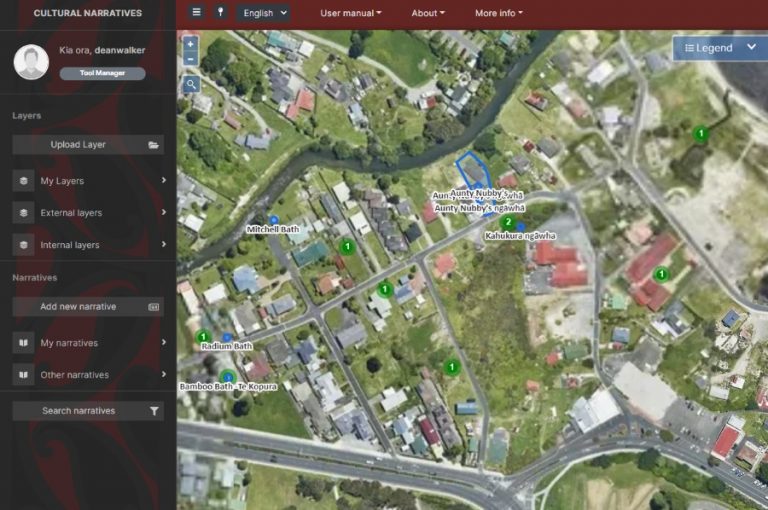Geospatial Research Institute Seminar Series
GRISS
The Geospatial Research Institute Seminar Series (GRISS) brings specialists in different areas of geospatial information science to present the use of geospatial technologies in research and industry. Presentations are hosted on the University of Canterbury campus.
Anyone interested in attending may come in person or view the presentations online via Zoom.
Each seminar is recorded with permission from the presenters. All videos can be found on the Geospatial Research Institute Youtube channel
- September 30, 2022 12:30 pm

